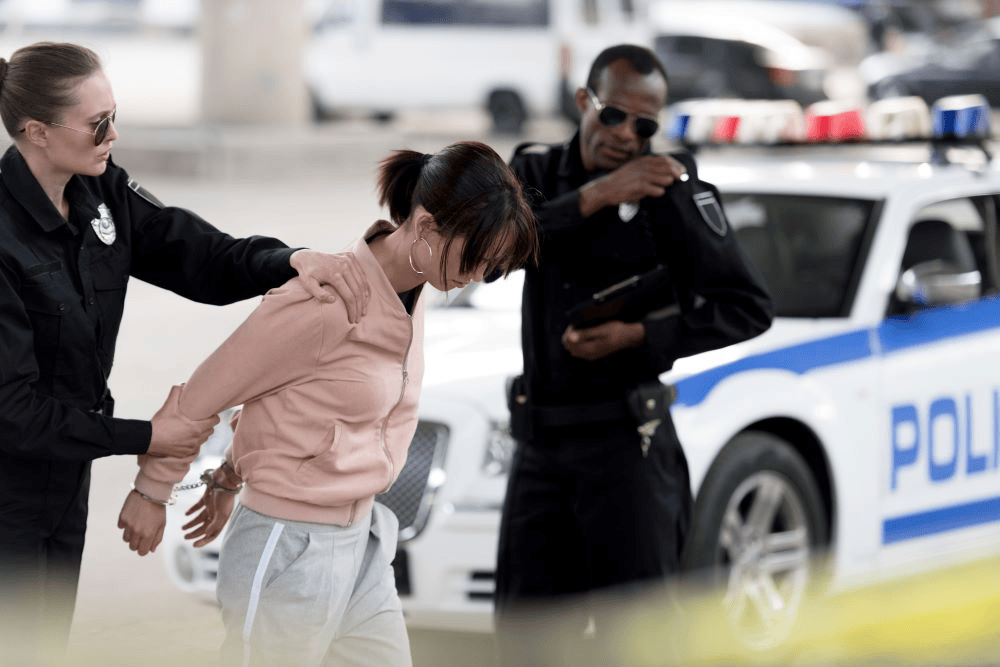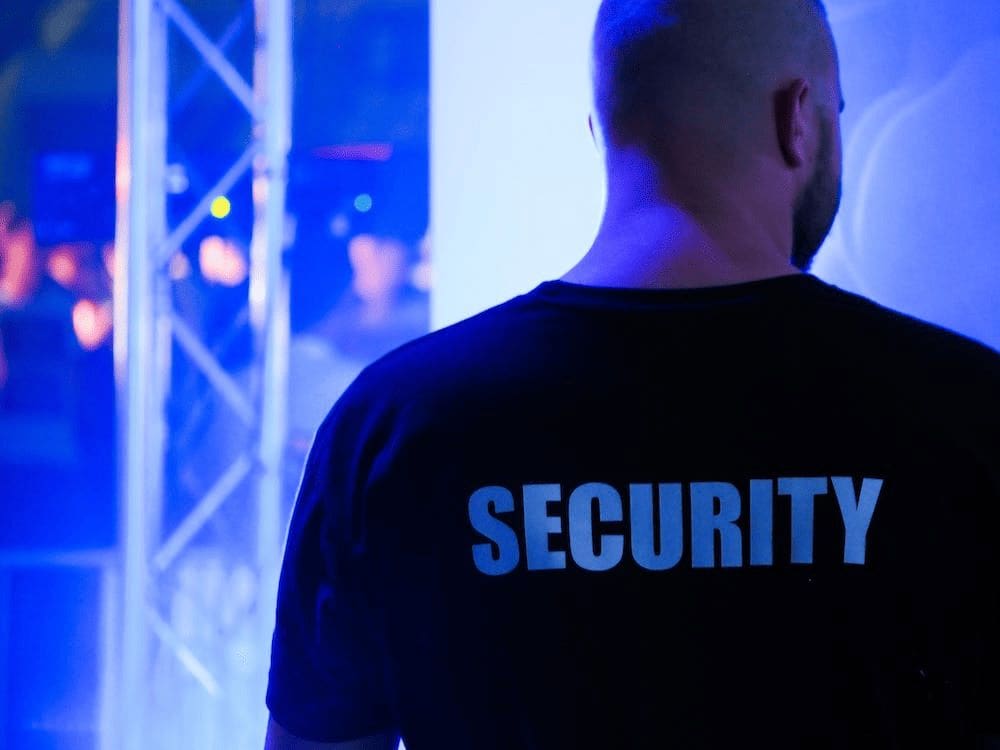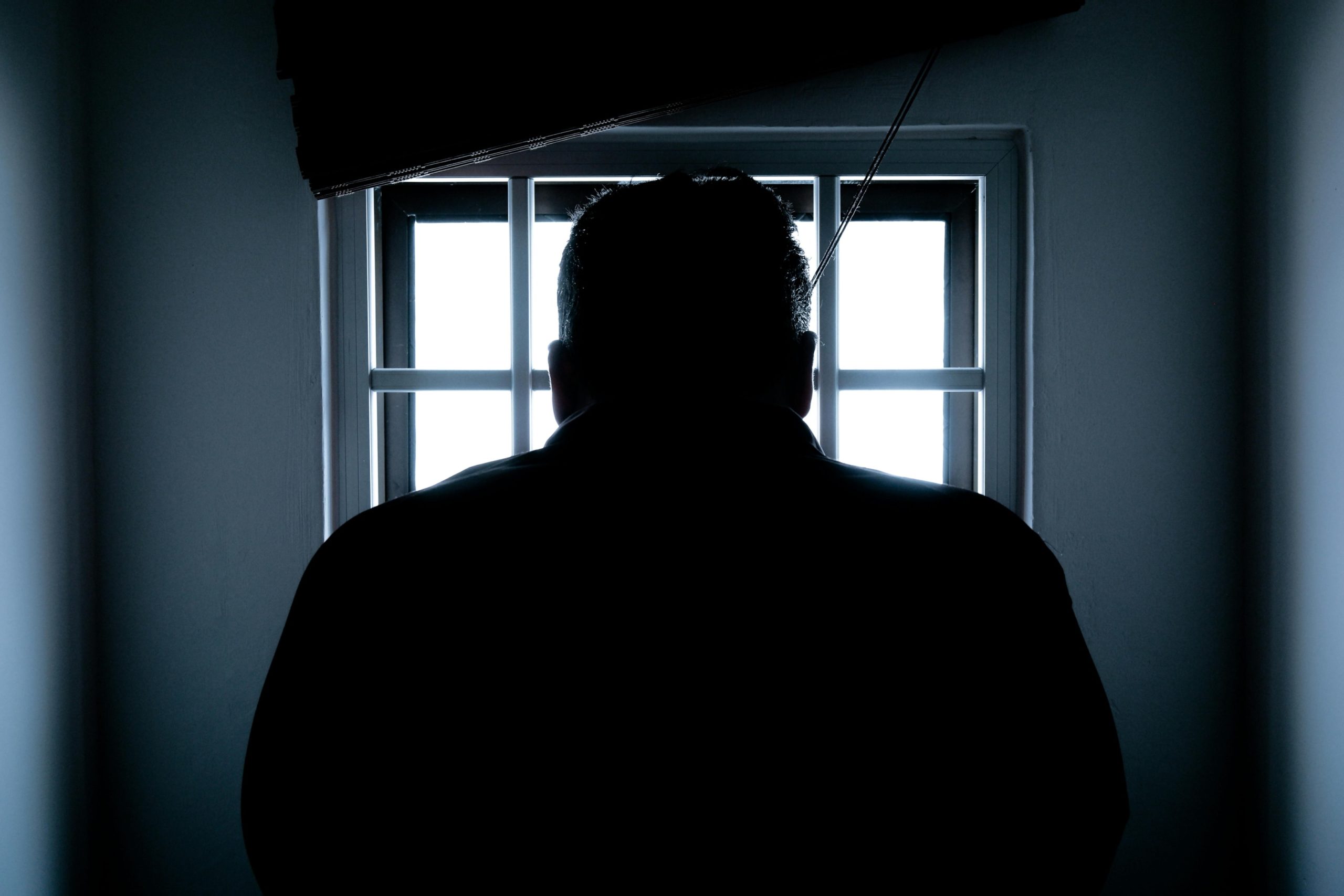
In recent years, the use of facial recognition technology by law enforcement agencies has become more widespread. This technology promises enhanced security and efficient identification of suspects. However, it has also led to numerous instances of wrongful arrests, raising significant concerns about its accuracy and fairness. This article explores how facial recognition can be wrong, the consequences of such wrongful arrests, and how victims can fight against these injustices.
How Can Facial Recognition Be Wrong?
Facial recognition technology (FRT) uses algorithms to compare a person’s facial features with a database of images to find a match. While this technology has improved over time, it is far from perfect. Here are some key reasons why facial recognition can lead to errors:
Algorithmic Bias: Studies have shown that facial recognition software is more likely to misidentify people of color, particularly Black individuals. This bias stems from the training data used to develop these algorithms, which often lack sufficient diversity.
Poor Image Quality: The accuracy of facial recognition matches can be significantly affected by the quality of the images. Low-resolution surveillance footage or poor lighting conditions can lead to incorrect identifications.
Look-Alikes: Facial recognition technology can struggle to distinguish between individuals with similar facial features, leading to cases where innocent people are mistakenly identified as suspects.
Database Errors: Mistakes in the databases used for comparison, such as mislabeled photos or outdated images, can result in false matches.
How Facial-Recognition Technology Can Lead to Wrongful Arrests
When law enforcement agencies rely on facial recognition technology, a match can lead to an arrest warrant being issued without sufficient corroborating evidence. Here are some notable examples:
Case Study: Randal Quran Reid
Randal Quran Reid, a Black man from Georgia, was wrongfully arrested by the Jefferson Parish police after being misidentified by facial recognition software. The software matched Reid’s face to surveillance footage from a theft, but the real perpetrator had significant differences in appearance. Reid spent nearly a week in jail before the charges were dropped when it became clear he had been wrongfully accused.
Case Study: Harvey Murphy Jr.
Harvey Murphy Jr., a Michigan resident, was also a victim of wrongful arrest due to facial recognition technology. The Detroit police used facial recognition software to identify Murphy as a suspect in an armed robbery. Despite having a solid alibi, Murphy was detained and had to endure a lengthy legal battle to clear his name.
The Consequences of Facial Recognition Wrongful Arrest
The impact of a wrongful arrest based on faulty facial recognition can be devastating:
Emotional Trauma: Being wrongfully arrested can cause significant psychological stress and trauma. Victims often experience anxiety, depression, and a sense of violation.
Reputation Damage: An arrest, even if wrongful, can tarnish an individual’s reputation, affecting their personal and professional relationships.
Financial Burden: Legal fees, lost wages, and other costs associated with defending oneself in court can be financially crippling.
Loss of Freedom: Spending time in jail, even if briefly, can disrupt a person’s life and lead to loss of employment and other opportunities.
How to Fight Against Facial Recognition Wrongful Arrest
If you or someone you know has been wrongfully arrested due to facial recognition, it is crucial to take the following steps:
Seek Legal Representation
Hiring an experienced attorney is essential. Legal experts, such as those at the BLG, can provide invaluable guidance and representation. They can help you navigate the complexities of the legal system and build a strong case against the wrongful arrest.
Gather Evidence
Collect as much evidence as possible to support your claim. This includes surveillance footage, witness statements, and any documents related to the arrest. Evidence that highlights the flaws in the facial recognition match is particularly important.
Challenge the Technology
Your legal team can work with experts in facial recognition technology to demonstrate the inaccuracies and biases that led to the wrongful arrest. This technical testimony can be crucial in court.
Public Awareness
Bringing public attention to your case can help apply pressure on law enforcement agencies and encourage policy changes. Organizations like the American Civil Liberties Union (ACLU) can offer support and amplify your story.
Is Facial Recognition Wrongful Arrest Against the Law?
Facial recognition wrongful arrests can lead to violations of civil rights. The Fourth Amendment of the U.S. Constitution protects individuals against unreasonable searches and seizures. If an arrest is made based on faulty technology without proper verification, it can be deemed unconstitutional.
Additionally, the Civil Rights Act allows individuals to sue law enforcement agencies for violating their constitutional rights. Legal precedents are still evolving, but courts have recognized the potential for abuse and errors in facial recognition technology.
Liability in Facial Recognition Wrongful Arrest Lawsuits
Determining liability in wrongful arrest cases involving facial recognition technology can be complex. Potential defendants include:
Law Enforcement Agencies: Police departments and other agencies that rely on facial recognition software can be held accountable for wrongful arrests.
Software Developers: Companies that develop and sell facial recognition software can be sued if their technology is proven to be flawed or biased.
Individual Officers: Officers who fail to verify facial recognition matches or act recklessly in making arrests can also be held personally liable.
Can You Sue for Facial Recognition Wrongful Arrest?
Yes, you can sue for a wrongful arrest caused by facial recognition errors. Victims can file lawsuits for false arrest, false imprisonment, and violations of civil rights. These lawsuits can seek compensation for emotional distress, lost wages, legal fees, and other damages.
When Can You Sue for Facial Recognition Wrongful Arrest?
You can sue for a wrongful arrest based on facial recognition technology if you can demonstrate that the arrest was made without proper verification and due diligence. This includes cases where:
The facial recognition match was incorrect.
The police failed to conduct a thorough investigation.
There was a lack of corroborating evidence.
How to File a Facial Recognition Wrongful Arrest Lawsuit
Filing a lawsuit involves several steps:
Consult an Attorney: Engage a lawyer experienced in wrongful arrest and facial recognition cases.
File a Complaint: Your attorney will help you draft and file a complaint detailing the wrongful arrest and its impact on your life.
Discovery Phase: Both sides will gather and exchange evidence. Your attorney will work to obtain records, surveillance footage, and other pertinent documents.
Settlement Negotiations: In many cases, the parties may reach a settlement before going to trial.
Trial: If a settlement is not reached, your case will proceed to trial, where your attorney will present evidence and argue your case.
How to Prove Your Wrongful Arrest Claim
Proving a wrongful arrest claim involves demonstrating that the arrest was made based on faulty facial recognition technology. Key evidence includes:
Facial Recognition Reports: Obtain reports and logs from the facial recognition software used in your case.
Expert Testimony: Expert witnesses can testify about the inaccuracies and biases of the technology.
Witness Statements: Statements from people who can corroborate your whereabouts and alibi during the alleged crime.
Surveillance Footage: Any video evidence that contradicts the facial recognition match can be crucial.
Damages and Other Remedies in a Facial Recognition Wrongful Arrest Case
Victims of wrongful arrests due to facial recognition technology can seek various forms of compensation:
Compensatory Damages: These include lost wages, legal fees, and other financial losses resulting from the wrongful arrest.
Non-Economic Damages: Compensation for emotional distress, psychological trauma, and damage to reputation.
Punitive Damages: In cases where there is clear evidence of negligence or malice, courts may award punitive damages to punish the responsible parties.
Injunctive Relief: Courts can issue orders to prevent law enforcement agencies from using faulty facial recognition technology in the future.
How an Attorney Can Help You in a Facial Recognition Wrongful Arrest Case
Dealing with a wrongful arrest case involving facial recognition technology can be complex and challenging. Hiring an experienced attorney is crucial to ensuring your rights are protected and that you receive the justice and compensation you deserve. Here are the key ways an attorney can assist you:
Legal Advice and Guidance: Attorneys offer essential legal counsel, explaining your rights and options throughout the process, ensuring informed decisions are made.
Investigating Your Case: Attorneys conduct thorough investigations, gathering evidence such as police reports and surveillance footage, while interviewing witnesses to support your innocence.
Challenging the Technology: Attorneys work with experts to challenge the reliability of facial recognition software, highlighting its flaws and limitations in court.
Building a Strong Case: Attorneys use gathered evidence to construct a compelling narrative, showcasing the emotional, reputational, and financial damages you’ve endured.
Negotiating with Authorities: Attorneys negotiate with law enforcement and prosecutors for dismissal of charges or a settlement, often resolving cases before trial.
Representing You in Court: Attorneys present evidence, cross-examine witnesses, and make persuasive arguments during trial, ensuring your case is effectively presented.
Filing Legal Motions: Attorneys file motions to suppress evidence obtained through faulty technology or motions for summary judgment if facts are in your favor.
Seeking Compensation: Attorneys pursue compensation for financial losses and emotional distress caused by the wrongful arrest, advocating for your rights.
Advocating for Policy Changes: Attorneys collaborate with civil rights organizations to advocate for broader policy changes, aiming to prevent future wrongful arrests.

Seek Justice with BLG: Let Us Fight for Your Rights in Facial Recognition Wrongful Arrest Cases
Facial recognition technology has the potential to revolutionize law enforcement, but its current application is fraught with risks and inaccuracies. Wrongful arrests due to facial recognition errors are a serious issue that can have devastating consequences for innocent individuals. If you find yourself a victim of such a wrongful arrest, it is essential to seek legal assistance and fight for your rights. With the help of skilled attorneys and the support of civil rights organizations, you can challenge the misuse of this technology and seek justice.
Are you or a loved one a victim of wrongful arrest due to flawed facial recognition technology? Don’t suffer in silence. At BLG, our experienced attorneys are dedicated to fighting for your rights and holding responsible parties accountable.
Contact us today for a free consultation.
FAQs
How is facial recognition used in criminal justice?
Facial recognition is used in criminal justice to identify suspects, locate missing persons, and verify identities. It aids in surveillance, tracking, and solving crimes by comparing images from crime scenes or public spaces with databases of known individuals.
What is the danger of facial recognition?
The danger of facial recognition lies in its potential for misuse and errors. It can lead to privacy invasions, wrongful arrests, and surveillance overreach. Misidentifications due to biases or inaccuracies in the face recognition technology through artificial intelligence (AI) can disproportionately affect marginalized communities.
How is facial recognition unethical?
Facial recognition can be unethical due to issues of consent, privacy, and bias. Often, individuals are unaware that their images are being captured and analyzed. Additionally, the technology may perpetuate racial and gender biases, leading to unfair treatment and discrimination. Lack of transparency and accountability in its deployment further exacerbates ethical concerns.


